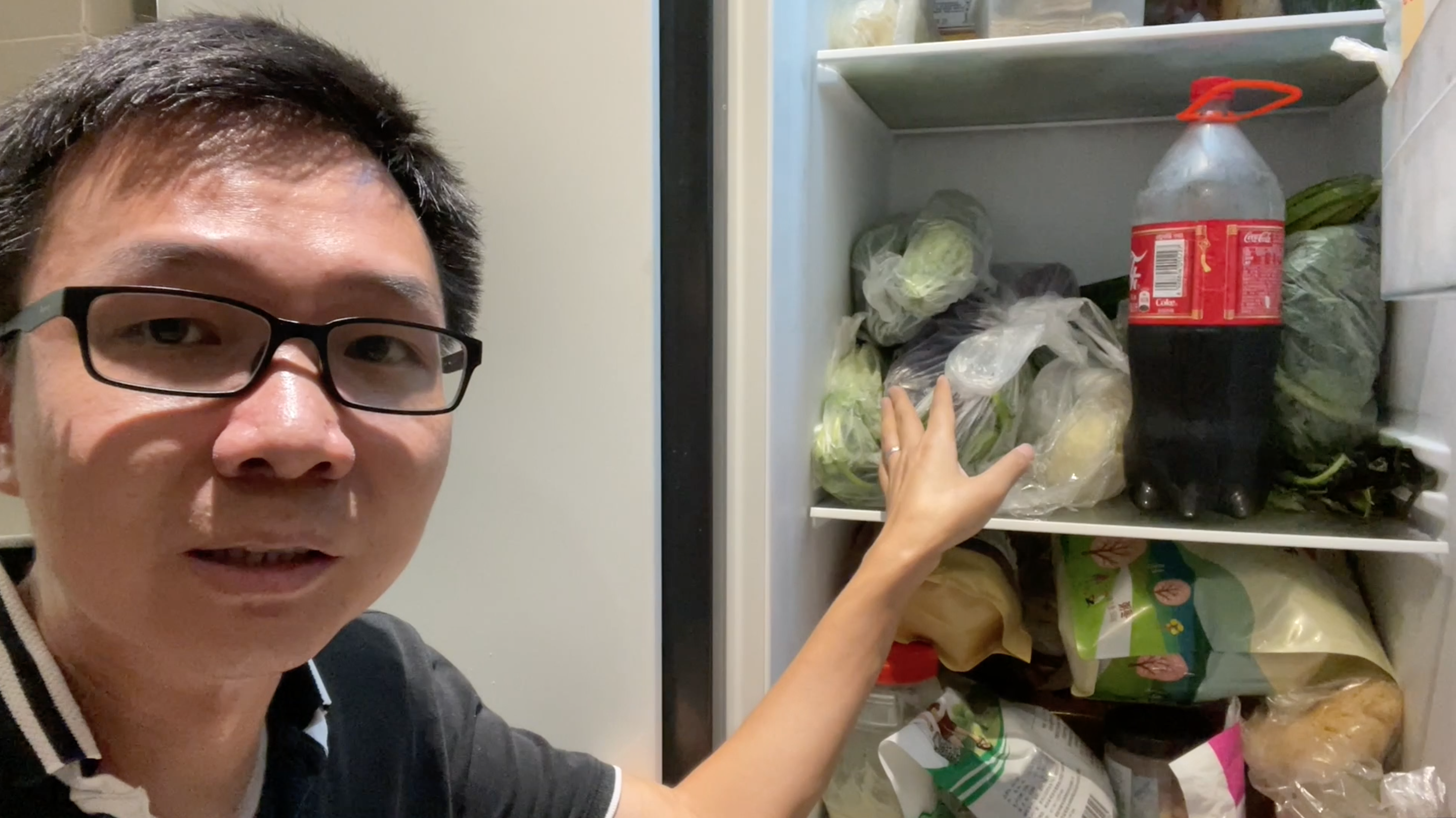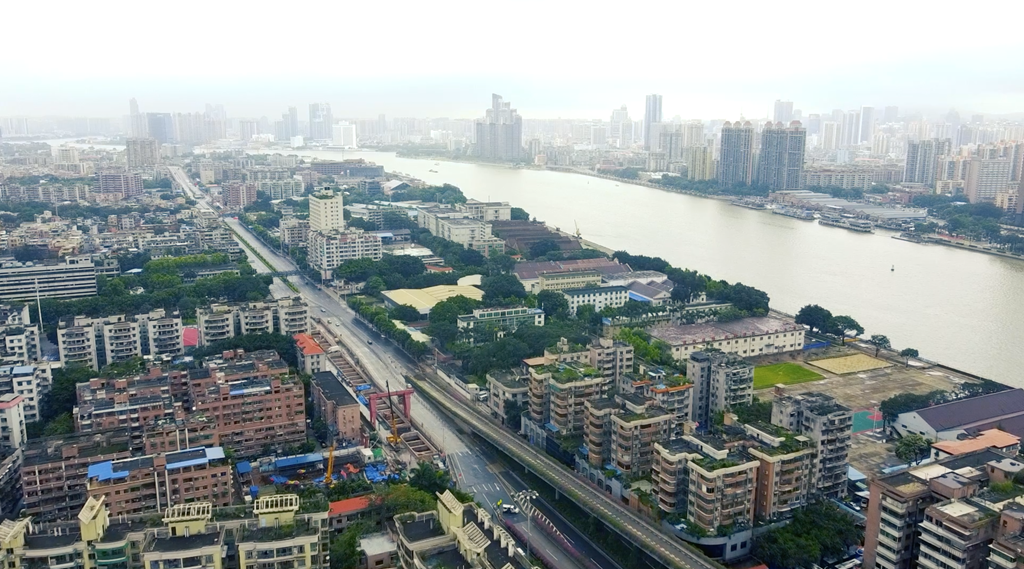03:41

Guangzhou, the capital city of south China's Guangdong Province, is grappling with a new wave of coronavirus infections since May 21, with a total of 85 locally transmitted cases reported as of June 5.
Long Junfeng, a radio journalist for the provincial broadcaster, has been tasked to cover the issue. As his apartment is located in the "high-risk" zone, he covers the story from the new frontline – his kitchen.
"Some of my friends wondered if we were out of meat. But let me show you my fridge, this beef just arrived today. I ordered it through our WeChat group," Long explained in his vlog.
He says the government has been distributing food to street checkpoints. Volunteers or property management staff collect them and deliver them outside designated apartments.
But there's concern the workforce isn't enough to handle a surge in deliveries and daily disinfection tasks. "Since we were designated 'high-risk,' volunteers have stopped coming. Men are stretched thin." Long said.
"There are four to five tonnes of food and necessities to be distributed among hundreds of households each day. That's why we seldom order fresh meat because it might go bad before it gets delivered."

CGTN's reporter speaks to Long Junfeng, a resident under lockdown in a high-risk area in Guangzhou, south China's Guangdong Province. /CGTN
CGTN's reporter speaks to Long Junfeng, a resident under lockdown in a high-risk area in Guangzhou, south China's Guangdong Province. /CGTN
Over 180,000 people are living under lockdown in Guangzhou's Liwan District, where about 70 cases have been reportedly detected. Some of those cases are linked to the delta variant first detected in India, though it's unclear how it entered the community.
The new outbreak led to huge crowds across the city clamoring for COVID-19 vaccinations, prompting authorities to pause individual appointments this week to focus on mass testing.
Zhang Huixin, a volunteer team leader for the Communist Youth League of China, Tianhe Division, assisted the city's largest vaccination site before it was suspended.
"We've been supporting vaccination and testing sites by answering questions, managing crowds, and keeping records."
Zhang says they also have trained counselors to deal with people who are frustrated queuing up for vaccination under the scorching sun.
The city has turned major sports venues into mass testing sites, with 11 districts mandating nucleic acid tests for entire populations in the affected areas. Residents of Liwan District were tested twice since the first case was discovered on May 21.

An aerial view of Liwan District in Guangzhou, where some 180,000 people are living under lockdown, in south China's Guangdong Province. /Provided by Liwan District Publicity Department
An aerial view of Liwan District in Guangzhou, where some 180,000 people are living under lockdown, in south China's Guangdong Province. /Provided by Liwan District Publicity Department
Yang Zhicong, director of the Guangzhou Center for Disease Control and Prevention, says the situation could have been worse.
"Our modeling shows as many as 300 infections would have occurred if current control measures weren't in place."
Vaccination is also believed to have reduced the transmission of the virus.
Lei Chunliang, president at the Guangzhou Eighth People's Hospital, currently treating coronavirus patients, says four of them had received their first shot of the vaccination before getting infected. But their symptoms are mild, which he says is evidence that the vaccine can prevent symptoms from getting severe, which require intensive care in hospitals.
More than 60 percent of residents in Guangzhou have already been vaccinated and could prevent the situation from getting serious.
Officials meanwhile have reassured the public that there are enough food and medicines. They have also deployed drones for the delivery of certain products.
"I know we haven't done enough," Lin Juan, deputy director of Guangzhou Liwan District. "But I want to thank residents in quarantine for being so supportive and understanding. I encourage everyone to share their ideas and make sure we keep a tight lid on the outbreak. At the same time, we will try to satisfy the diverse needs of those in lockdown."

